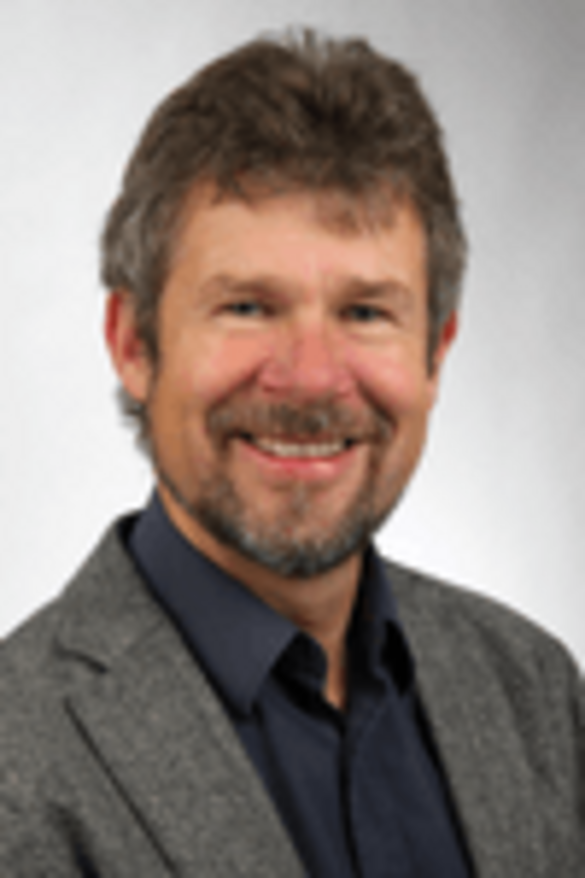Prof. Dr. Heiko Becher
Professor emeritus
Heiko Becher is Professor emeritus for Epidemiology and is member of the staff of the HIGH since October 2022.
He studied statistics at the Universities of Dortmund, Germany, and Sheffield, England, and received a diploma in Statistics in 1983 and a Ph.D. in Biostatistics 1987 from Dortmund University. In 1993 he habilitated in Epidemiology and Medical Biometry at Heidelberg University.
He was director of the Institute of Medical Biometry and Epidemiology, Medical Faculty, University of Hamburg, Hamburg, Germany from June 2014 until September 2022. From 1999 until 2014 he was professor for epidemiology and biostatistics at Heidelberg University, Institute of Public Health, Germany, and head of the Unit of Epidemiology and Biostatistics. Earlier positions were with the German Cancer Research Center, Heidelberg, the Bremen Institute for Prevention Research and Social Medicine, Bremen, Germany, and the International Agency for Research on Cancer, Lyon, France. In 2007 he was visiting Professor at the division of Epidemiology and Global Health, Umeå University, Sweden and in 2019 at the Berlin Institute of Health, Charité, Berlin, Germany.
His research interests includes: statistical methods in epidemiology, cancer epidemiology, social epidemiology/migrant research and descriptive epidemiology.
He is one of the founding scientists of the German National Cohort (NAKO Gesundheitsstudie), the largest German prospective cohort study with 205.000 participants and PI for the study center Hamburg and Co-PI for the study center Mannheim. Among the larger studies he performed are investigations on mortality patterns and risk factors for childhood mortality in African countries where he had close collaborations with the Health and Demographic Surveillance Site (HDSS) site in Nouna, Burkina Faso and with the INDEPTH network headquarter in Accra, Ghana. He also performed several epidemiological case-control and cohort studies on occupational, lifestyle and genetic factors for various diseases, such as cancers, stroke and others, as well as studies on mortality and incidence patterns of migrants in Germany.
Education
| 1993 | Habilitation in Epidemiology and Medical Biometry | University of Heidelberg, Germany |
| 1987 | PhD in Statistics | University of Dortmund, Germany |
| 1983 | Diploma in Statistics | University of Dortmund, Germany |
Publications

Contact Information
Im Neuenheimer Feld 130.3
69120 Heidelberg
Email: heiko.becher(at)uni-heidelberg.de
